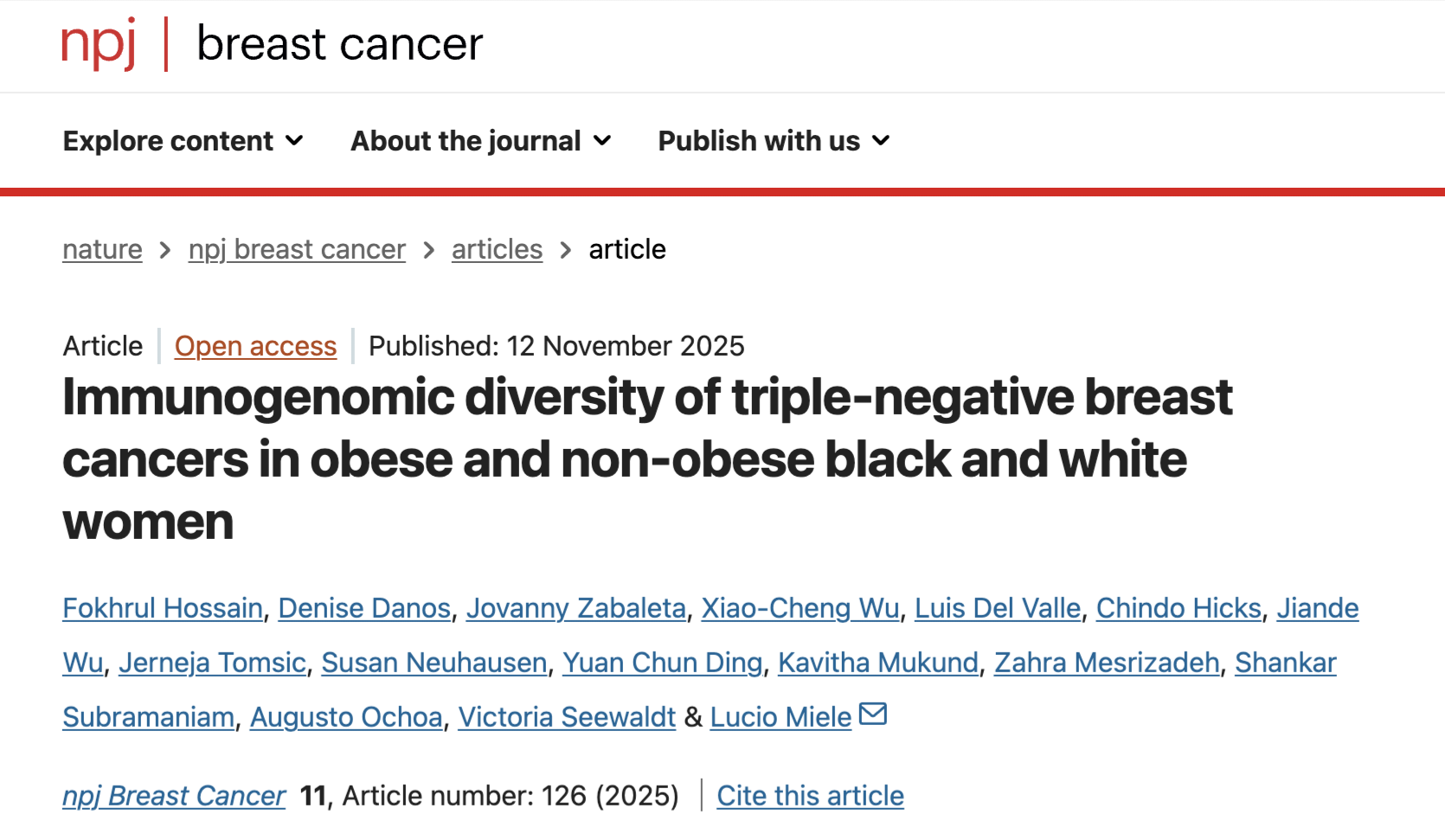
Clinical Trial to Study Health Disparities and Prostate Cancer Screening

Prostate cancer has the highest incidence and the second highest mortality rates among all male cancers in the country and the incidence of prostate cancer is about 60% higher in black men than in whites. Although the prostate specific antigen (PSA) blood exam has been the standard screening for early detection, due to concerns about over-diagnosis and side effects associated with unnecessary treatment, the 2018 revised clinical guidelines recommend against routine PSA-screening. The guidelines now recommend a shared decision making process where men are educated about prostate cancer risks and screening, discuss the benefits and limitations of PSA-testing with their healthcare providers, and then make an informed personal choice about whether to be tested.

Considering providers’ time restrictions during medical encounters and differences in patient-provider communication approaches (particularly with minority patients), LCRC researchers at Xavier University of Louisiana are conducting a 4-year-randomized clinical trial led by Dr. Margarita Echeverri and funded by the National Institutes of Health. The goal is to provide evidence regarding the applicability of a shared decision making process during the clinical encounters of African American men.
The project will assess the efficacy of a decision aid (training) about PSA-screening, among 200 African American men, 40+ years old, with no history of prostate cancer, and who receive primary care services at different clinical sites (Tulane Medical Center, University Medical Center and Access Health Louisiana).
Investigators expect that the results of this project can be scaled to primary care practices across the U.S. and may be adapted to other types of cancer where guidelines have included decision-making. Most importantly, this study should result in more effective prostate cancer screening practices of African American men that will reduce cancer mortality.




